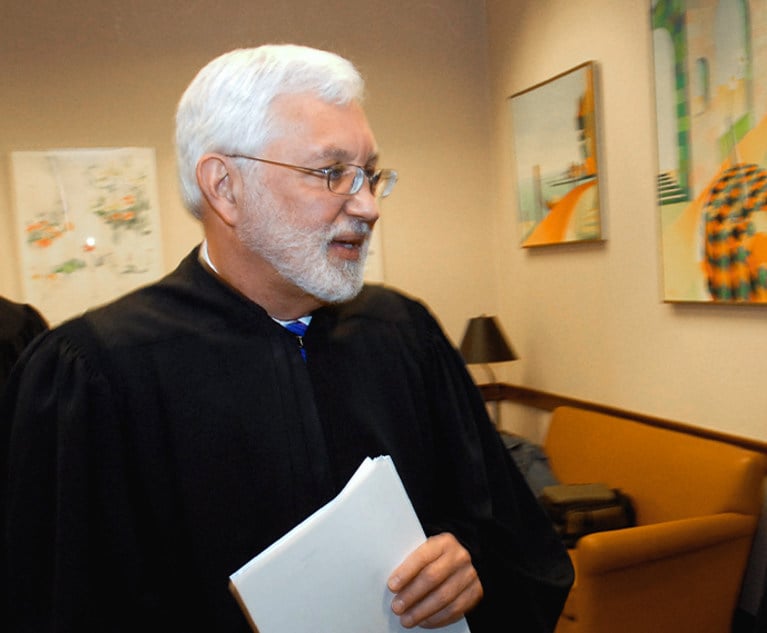 Timothy M. Tippins
Timothy M. Tippins
This column recently discussed some of the controversies surrounding the use of psychological testing in connection with forensic custody reports and testimony. (Tippins, T.M., “Psychological Testing: Controversy and Consensus,” July 18, 2018). It was there noted that many within the community of forensic psychologists—at least among those who concern themselves with such things as reliability and validity—consider the use of computer-based test interpretations (CBTI’s) in forensic settings to be improper and perhaps even unethical practice. (James R. Flens & Leslie Drozd, Psychological Testing In Child Custody Evaluations 17 [Routledge; 2005]). Accordingly, it is incumbent upon lawyers confronting a custody evaluation that relies upon a CBTI report to consider mounting a forceful challenge. This article will explore some of the evidentiary issues presented when CBTI’s are used and will highlight some instructive recent decisions from the criminal law arena that may provide useful guidance in advancing such a challenge.






